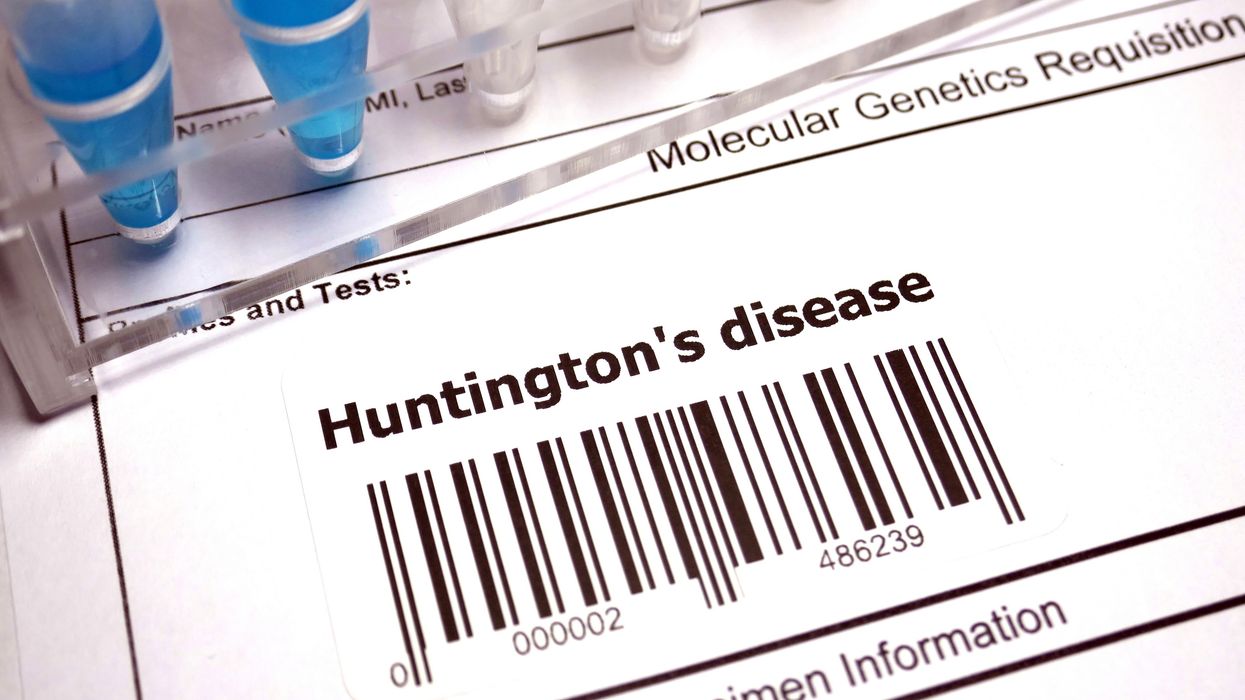Highlights:
- Donald Trump suggested Tylenol use in pregnancy may cause autism.
- Experts dismiss the claim, saying evidence does not support it.
- Autism is shaped by genetics, prenatal health, and environment—not a single drug.
- ACOG and FDA confirm acetaminophen is safe when used as directed in pregnancy.
- Oversimplified claims risk creating panic and undermining real autism care.
The claim and its fallout
Donald Trump’s recent comments linking Tylenol use during pregnancy to autism sent shockwaves through families and expectant mothers. He suggested the common pain reliever might interfere with fetal brain development and contribute to autism or attention-deficit disorders. The reaction was swift: parents panicked, social media buzzed, and doctors scrambled to provide clarity.
Autism isn’t that simple
Medical experts stress that autism spectrum disorder (ASD) has no single cause. Research shows it is influenced by a mix of genetics, early brain development, prenatal complications, and environmental conditions. Reducing such a complex condition to one drug, they warn, distorts the conversation and risks sidelining what really matters—early detection, support, and better understanding of autism’s diverse presentations.
What the evidence shows about acetaminophen
Acetaminophen, sold under brand names like Tylenol and Panadol, is one of the most widely recommended medications for pain and fever during pregnancy. Doctors emphasize:
- Safe when used correctly: Standard, doctor-advised doses are not linked to autism.
- Known risks apply to all: Overuse or overdose can harm the liver, but this is unrelated to autism.
- Untreated illness is more dangerous: Fever or severe pain left unmanaged during pregnancy can harm both mother and baby.
So far, no reliable studies have established a direct connection between acetaminophen in pregnancy and autism.
Doctors push back
- Dr. Astik Joshi, Child & Adolescent Psychiatrist (Fortis Hospital): “There is no conclusive scientific evidence that recommended doses of paracetamol during pregnancy increase autism risk.”
- Dr. Vivek Jain, Senior Pediatrician (Fortis Hospital): Calls the claim “clearly unfounded,” adding that autism diagnoses do not correlate globally with acetaminophen use. He emphasizes reducing screen time and improving family communication as far more relevant developmental concerns.
- Dr. Aastha Gupta, Senior IVF Consultant & Obstetrician (Delhi IVF): Warns that discouraging Tylenol could backfire. “Untreated fever or pain can endanger both mother and child. Oversimplifying autism by blaming a single drug risks unnecessary fear.”
Medical authorities weigh in
The American College of Obstetricians and Gynecologists (ACOG) strongly rejects claims that Tylenol causes autism, calling such suggestions irresponsible and unsupported by scientific evidence. They stress that acetaminophen remains essential for treating fever, headaches, and pain during pregnancy.
The FDA echoes this view, advising pregnant individuals to consult their doctors but confirming there is no official warning linking acetaminophen to autism.
Why nuance matters
Doctors warn that sweeping claims from political figures can stick in the public mind, even without evidence. If pregnant women avoid acetaminophen altogether, they could put themselves and their babies at greater risk from untreated illness. Meanwhile, families affected by autism may feel misled by simplistic narratives that trivialize a deeply complex condition.
The safe path forward
The consensus from doctors and medical bodies is clear: acetaminophen remains one of the safest treatment options for pain and fever in pregnancy when used responsibly. Expectant mothers are advised to:
- Take the lowest effective dose, only when necessary.
- Avoid prolonged self-medication without guidance.
- Always consult a healthcare provider before starting or continuing any medication.
In short, the science does not support Trump’s claim. What doctors want families to remember is this: autism is a multi-faceted condition that requires understanding, early support, and informed care, not fear rooted in oversimplified claims.















